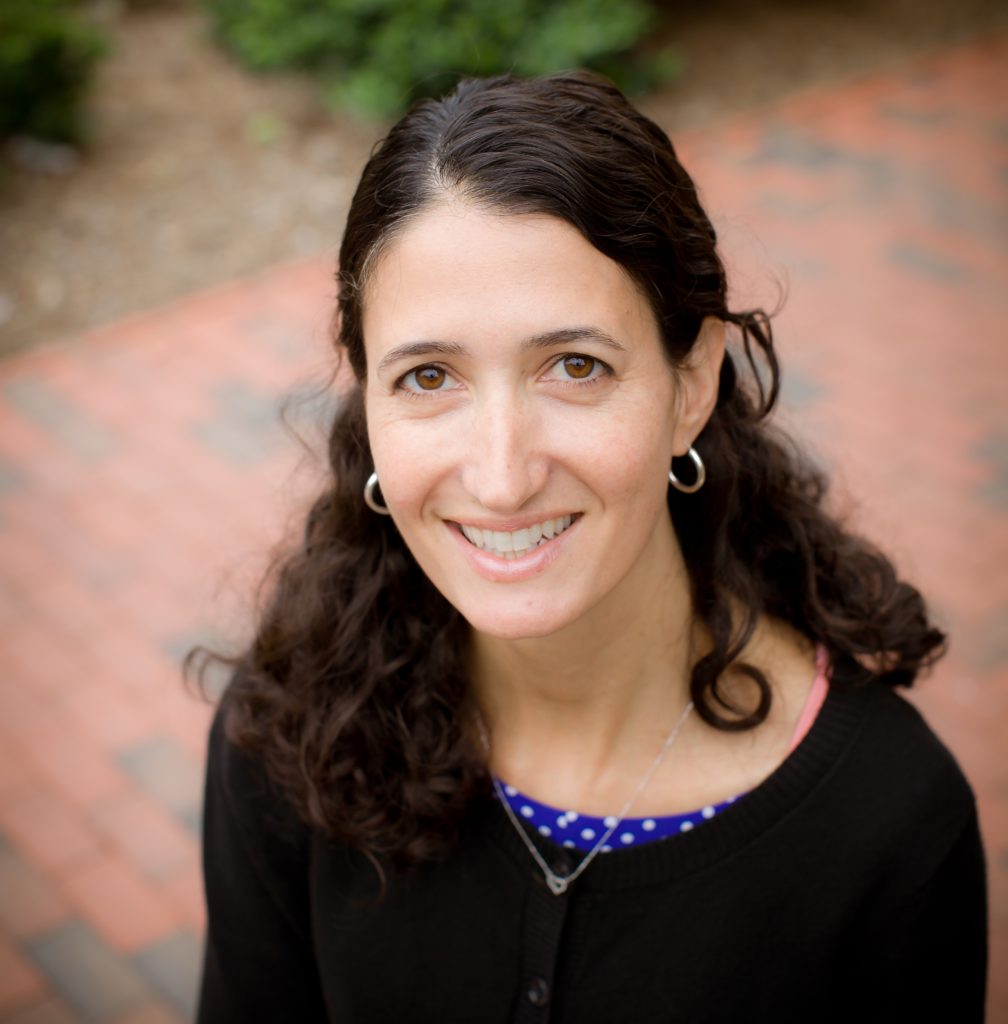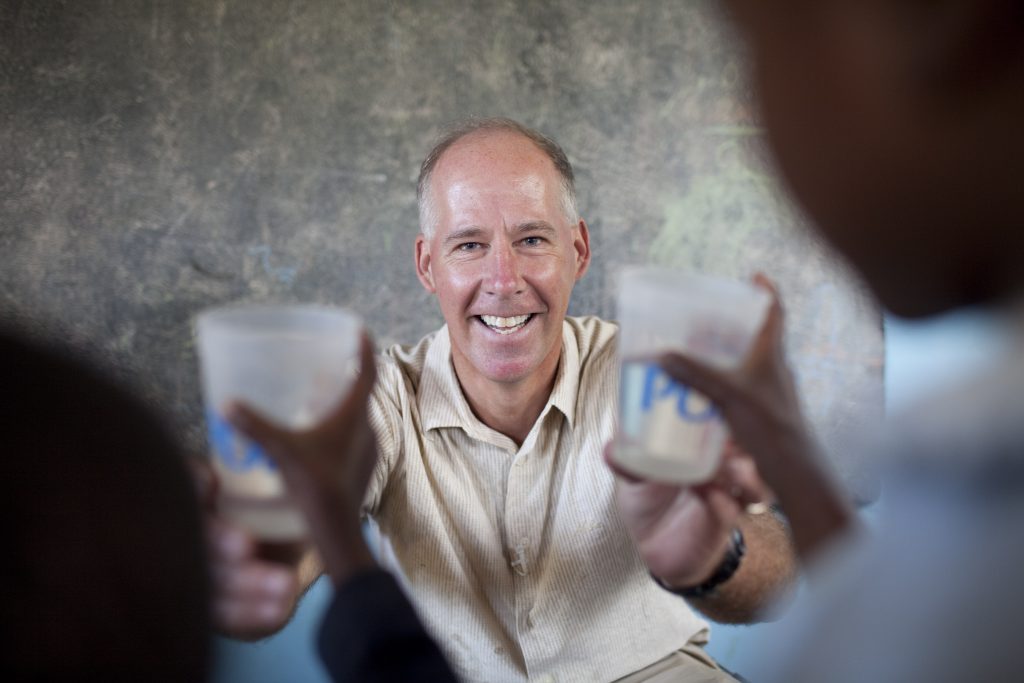Junior physics major Susan Clark traveled halfway around the world last summer hunting tiny super-heroes who can withstand extreme conditions. These microscopic animals can survive boiling, freezing, radiation, exposure to the vacuum of space and very long periods of dehydration.
Clark is a Morehead-Cain Scholar-turned-microorganism detective who is interested in astrobiology research. She teamed up with her friend Kristin Rhodes from William and Mary on an international summer research experience. Clark had financial support from the scholarship program; she just needed to figure out where to go.
She found out about the Google Lunar X Prize, a worldwide competition of privately funded teams vying to be the first to launch a robot on the moon between 2012-2014. Clark started emailing teams to see if they would be willing to take two “super-enthusiastic physics undergraduates” under their wing for the summer. She got an email from Team Selene in China, led by Markus Bindhammer.
“Markus said, ‘You should come to China. We want to do this project where we send tardigrades into space,’” Clark said. “Our reaction was, ‘Yes, we’d love to do that, but what are tardigrades?’ I literally typed ‘tardigrades’ into Google, and one of the first things that came up was Dr. [Bob] Goldstein’s lab. And I thought, ‘Well, how very convenient. He’s at UNC!’”
Tardigrades are affectionately known by scientists as “water bears” because they look like chubby minuscule bears (with four pairs of legs). Many species are transparent, and they are only about a quarter to half of a millimeter long.
According to biologist Goldstein, tardigrades have developed an almost cult-like following because of their ability to survive in a dried-up state for years. Then, after being rehydrated with water, the tardigrades come back to life in only a few minutes. After surviving about 600 million years of evolution, tardigrades could hold the keys to the ways in which animals evolve. Goldstein has even created a Web site devoted to the creatures (http://tardigrades.bio.unc.edu).
Goldstein let Clark borrow some books and articles on tardigrades and invited her to lab meetings. He gave her some lab space under the guidance of postdoctoral fellow Jenny Tenlen, one of only a few experts worldwide on tardigrade development, to practice rearing the water bears. And then he sent a letter of recommendation for Clark and Rhodes to scholars in Italy who are world experts on tardigrades. Italian researcher Roberto Bertolani identified the tardigrade species that Goldstein’s lab is now studying. His colleague Lorena Rebecchi was part of a team that analyzed tardigrades when they came back from a 2007 space mission. The Italians offered to set up lab space for Clark and her friend for part of their summer. The duo then spent four weeks in Italy and five in China researching tardigrades.
Finding tardigrades in China posed a more difficult challenge than Clark had anticipated. She and Rhodes poked and prodded moss samples, tree bark and leaf litter in Shanghai for days.
“We were getting pretty worried, but we finally found them on a tree covered in lichen,” Clark said.
A sample of those world-traveler tardigrades was sent by FedEx to Italy, where they were analyzed by Bertolani and Rebecchi (after spending several weeks in Italian customs).
And China’s Team Selene is still vying for the Lunar X Prize and hoping to send tardigrades into space.
Clark calls her global experience “the most amazing summer of my life.” She is continuing her biophysics work this spring in Goldstein’s lab and is considering a graduate degree in physics.
“Carolina is an unbelievable place for undergrads who want to do research,” she said.
Editor’s note: This story by Kim Weaver Spurr ’88 is part of a package of stories on “Creative Collaborations” in the College of Arts and Sciences featured in the spring ’11 Carolina Arts and Sciences magazine.
Read more “Creative Collaborations” stories: Breathing Relief, Languages Across the Curriculum, Mentoring Chemistry, UNC-Duke N.C. Poverty Project, Globe-Trotting for Tardigrades, Real-Life Ethics, Electro-Acoustic Music, Tangled Up in Blues and Making Waves.




